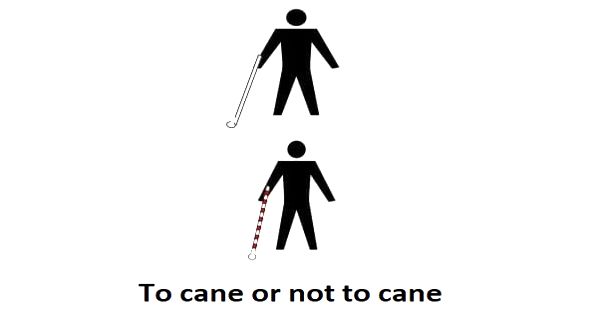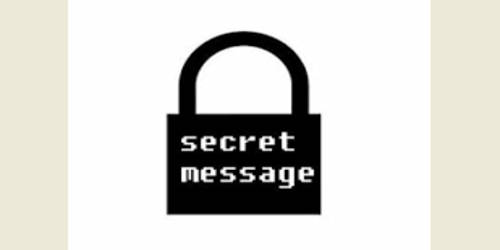To cane or not to cane – an Open Speech
We have often heard of the adage ‘Spare the rod and spoil the child. ‘Giving six of the best’ has been accepted as a way of instilling discipline in schools. I do not agree.
Some so-called experts claim corporal punishment is a good way to prevent students from breaking rules and committing offenses, especially repeat offenders. Seeing their schoolmates getting the cane will deter others from smoking or any wrongdoing.
However, how physically punishing a student can help correct undesirable behavior is beyond me. It will make problematic students become more aggressive and violent. It merely reinforces the notion that violence is the way to solve problems.
A few educationalists say that corporal punishment in schools is a form of preparation for real life. Wrongdoing has to be punished. Students have to be taught to be responsible for their actions. In my opinion, caning would only affect the child’s ego and self-confidence. Students who have problems learning will withdraw into their shells and lose whatever little self-confidence they have. They will live in an environment of fear. How often have we heard of children pretending to be sick to avoid school? The humiliation and shame of being caned, especially if in front of your friends will result in psychological scars. They will become more resentful and delinquent.
A caning schedule is part of the school regulation – what warrants one stroke of the cane, what offense gets two, and so on.
On the other hand, there is no guarantee that caning can be imposed properly. It can be abused. There has been little research done on the effectiveness of corporal punishment in schools. A better alternative is counseling. Removal of privileges is another way. School authorities and teachers have to be firm with their dos and don’ts.
In conclusion, the American Academy of Paediatrics urges parents, educators, school administrators, school board members, legislators, and others to seek the legal prohibition of corporal punishment in schools and to encourage the use of alternative methods of managing student behavior. I agree.
















